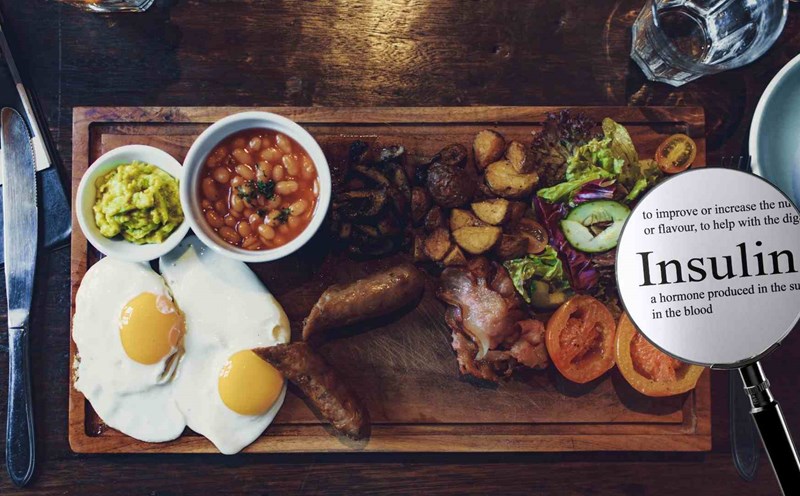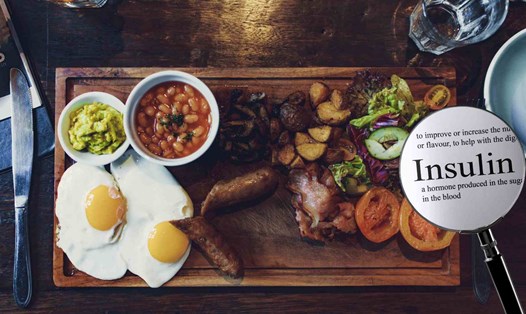Control blood sugar with low glycemic index
Carrots have a fairly low glycemic index, ranging from 16 to 47, depending on how they are prepared. According to nutritionists from the American Diabetes Association, foods with a low glycemic index help maintain stable blood sugar levels and reduce the risk of sudden spikes in blood sugar after eating. When consumed raw or lightly cooked, carrots do not cause a spike in blood sugar, which is important for people with diabetes.
Fiber in carrots helps control blood sugar
Carrots are a rich source of fiber, an important factor in controlling blood sugar levels. Fiber has the ability to slow down the digestion and absorption of glucose into the blood. The soluble fiber in carrots, mainly pectin, helps slow down the rate of digestion and keeps blood sugar from rising too quickly after meals. This helps maintain stable blood sugar control, reducing the risk of diabetes-related complications.
Antioxidants and vitamin A help protect cells
Carrots are also a good source of beta-carotene, a form of vitamin A, which is a powerful antioxidant. According to research published in the Journal of Agricultural and Food Chemistry, beta-carotene in carrots not only improves cellular health, but can also reduce inflammation and improve the function of beta cells in the pancreas, which produce insulin. Insulin is a hormone that helps regulate blood sugar levels. Improving the health of beta cells can help improve blood sugar control.
Reduce blood sugar after meals
Adding carrots to your diet can help reduce blood sugar levels after meals. Carrots can reduce the rapid rise in blood sugar after eating, especially when combined with other high-fiber foods. This is important for people with diabetes who need to control their blood sugar levels throughout the day.









